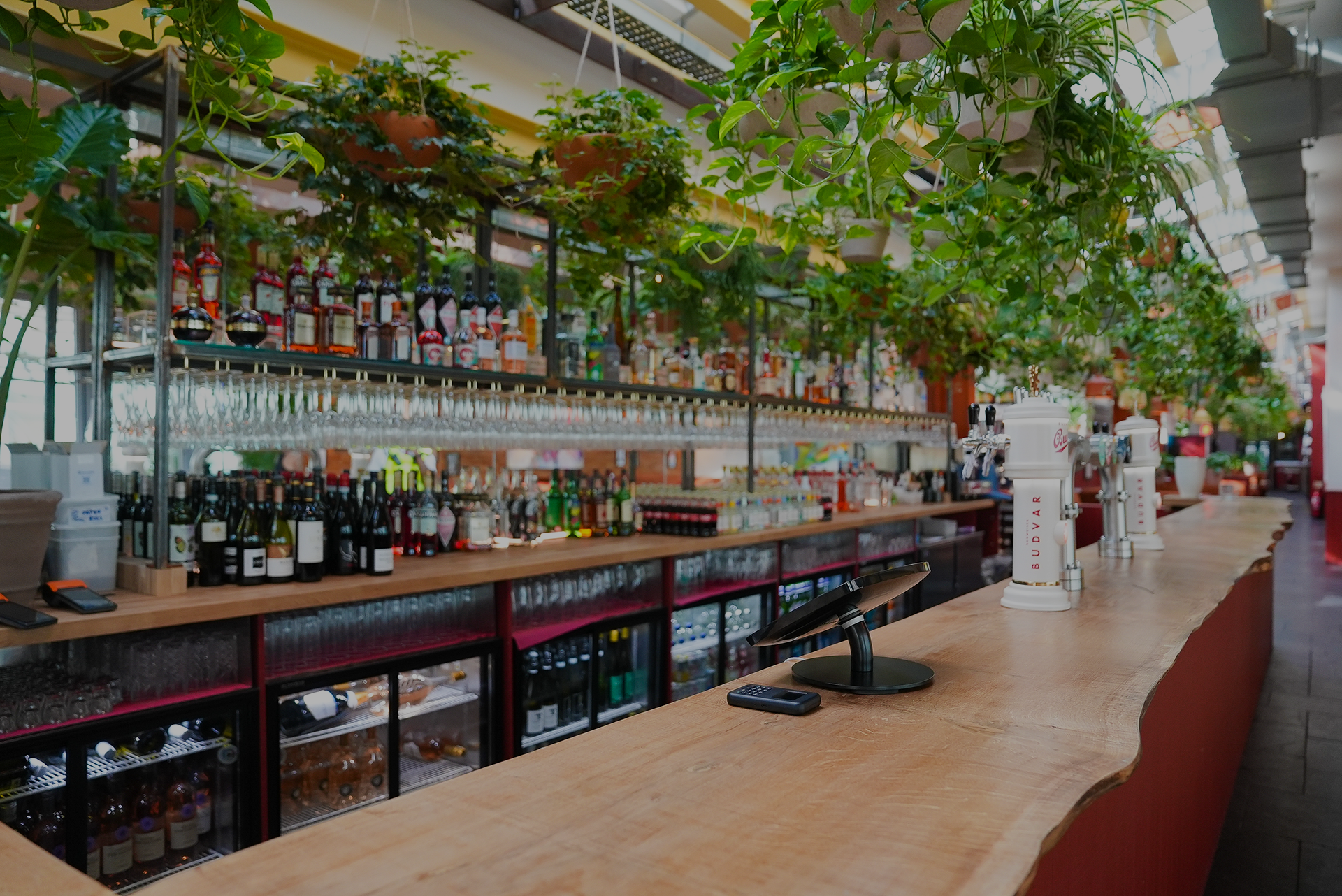
How mobile fits into the future of hospitality
We don’t need to tell you the hospitality sector gained a new face in the wake of Covid-19. (We could, but do we have to?!) Between social distancing, lockdowns, frictionless ordering and the move away from cash, the sector was forced to change.
One shift to the hospitality industry came through dark kitchens. Kitchens are sized to meet the demands of customers at peak points, but during lockdown, that demand wasn’t there. So dark kitchens began operating without home establishments, offering delivery-only services instead. Post-lockdown, and the continuation of dark kitchens outside of peak hours is a natural conclusion
Likewise, a further post-pandemic addition to the hospitality sector has been mobile ordering. Like dark kitchens, the technology existed before the pandemic. All it took was the right circumstances at the right time for the idea to take off. So, how does mobile ordering actually fit into the future of hospitality? The answer is omni-ordering.
Omni-channel – where we are, and where we could be
We’re not here to disparage a good idea (we promise!). Providing customers with the ability to sit at a table, order food, and hope for the best is a great start to what lies ahead in hospitality. But without consideration of the utilisation or the end-users of that technology, it remains just that: a start.
During the pandemic, a lot of businesses needed a pay at table solution quickly, and the result was a lot of sloppy apps and a lot more confusion. Each vendor seemed to require its own app to download, its own set of rules to work, and its own silent prayer to the gods of hospitality for the order to go through correctly.
The mixed results have resulted in mixed responses. Some customers want old-school methods of ordering, some want to pick their drinks from the bar, some want to order from the table.
Ultimately, the evidence suggests that hospitality is making a natural transition to omni-channel ordering, and here at ServedUp we believe the solution is to adapt rather than resist change.
The hospitality of tomorrow is data-driven
China is an example of a global hospitality leader in this area. In the seven years before the pandemic, mobile-based ordering moved from 3% of all sales transactions to over 80%. Even though trepidation existed pre-lockdown in the UK, more and more people are making the switch.
The question is: how best to utilise that fact? In the world of e-commerce, data is used to predict customer trends. It is used to know which offers and deals to advertise to which customers. It is commonplace and routine for an online retailer to use data to create a personalised profile for customers to provide them an optimal experience.
So why can’t the same be true of hospitality? If more and more people are using their mobile phones as part of an omni-channel system, then the answer is to use that service to make data-backed decisions about your customers. ServedUp is able to provide an overall picture of the spending habits of customers, their most requested products, and more.
Mobile is already intrinsically woven into a customer’s night out. It is often how a customer chooses a venue, books their travel and arranges who they meet at the door.
Soon it could be so much more. It could mean there are personalised offers on their favourite drinks, or that their regular bottle of wine is already open on arrival, or that they are waited on by the member of staff they already have rapport with. With all these changes, mobile battery life will become even more crucial to hospitality (so it’s a good thing ChargedUp can brush that concern away).
A solution for everyone
As hospitality continues to shift, different customers are going to have different needs and expectations from their vendors. Right now, with so many opting for so many different payment methods, the way forward is to focus on the most important thing: the customers.
Some customers will want to walk straight in and select their order; others may prefer to speak to a member of staff. Some may opt to pay at the table, before a meal, or after. Some may want to default to a tip percent, others may want to choose precisely how much they want to tip. With ServedUp, the choice is right there in the hands of the user.
Furthering the hospitality experience
Within this, data can be collected on the individual to ensure a peak customer experience. ServedUp is able to tell what trends are, what people are choosing (and not choosing), how long they're looking at the menu, what brands are losing out to competitors, and more.
This is all information valuable to brands, but more importantly, it helps hospitality venues optimise menus to make sure the customers are being given what they want.
The malleability of omni-channel ordering is what's going to propel it into the future of hospitality. ServedUp offers every customer every option of control over their own drinking and dining settings. The data collected from using our service allows customers the best possible experience while ensuring vendors the highest spend per customer.
We're already at the point where one device is the focal point for finding nearby venues, choosing how to get there, deciding who to go with and for how long, and choosing how to get back home. Soon choosing the right meal, drinks, and having a customer’s favourite bottle of wine waiting upon arrival could be the step between a good business and a thriving one.
If being ahead of that hospitality trend sounds good to you, book a demo to see how ServedUp works in action, and don't forget to subscribe to our newsletter below.
Rin Hamburgh | Dec 2, 2021
We're ready when you are
Floor 8, 52 Grosvenor Gardens, London, SW1W 0AU
© 2023 Sessions Tech Ltd. All rights reserved. Terms & Conditions. Privacy Policy.